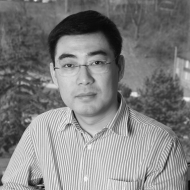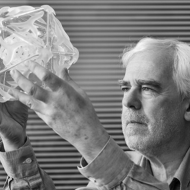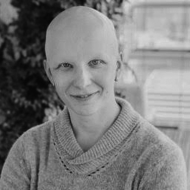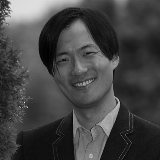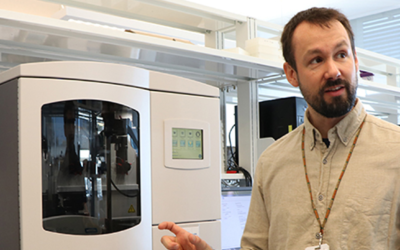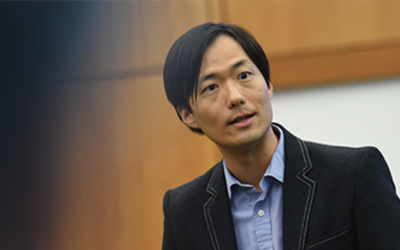Molecular Architecture of Life
How does life originate and what are the processes that make it possible?
What is life? How did it originate? What keeps it going? These questions have puzzled humans for thousands of years. With new technology and a unique interdisciplinary approach, the Molecular Architecture of Life program is finding answers.
Until recently, we could only understand the processes of life by looking at static pictures of its building blocks. But life is dynamic, and processes are in constant states of change. Now we have tools such as ultrafast imaging that can record molecules in motion and give scientists the ability to observe living systems at a level that was previously unknown.
Understanding levels of biological function across vastly different lengths and timescales — from the movement of a single atom in a quadrillionth of a second to the much slower processes of cell growth and regulation – is giving researchers in this program new insights into the processes of life.
Founded In
2014
Interdisciplinary Collaboration
Biophysics
Biochemistry
Molecular biology
Structural biology
Genetics
Neuroscience
Basic medicine, including pathology, pharmacology and toxicology
Analytic and organic chemistry
Optics







